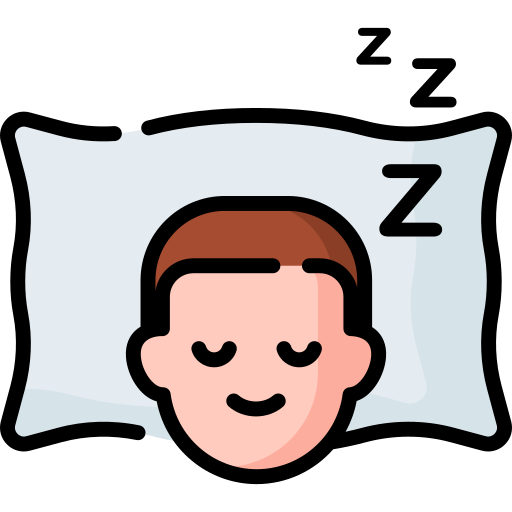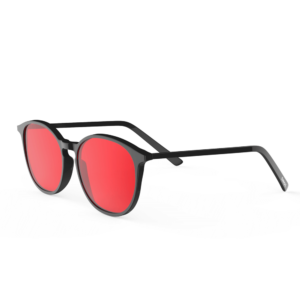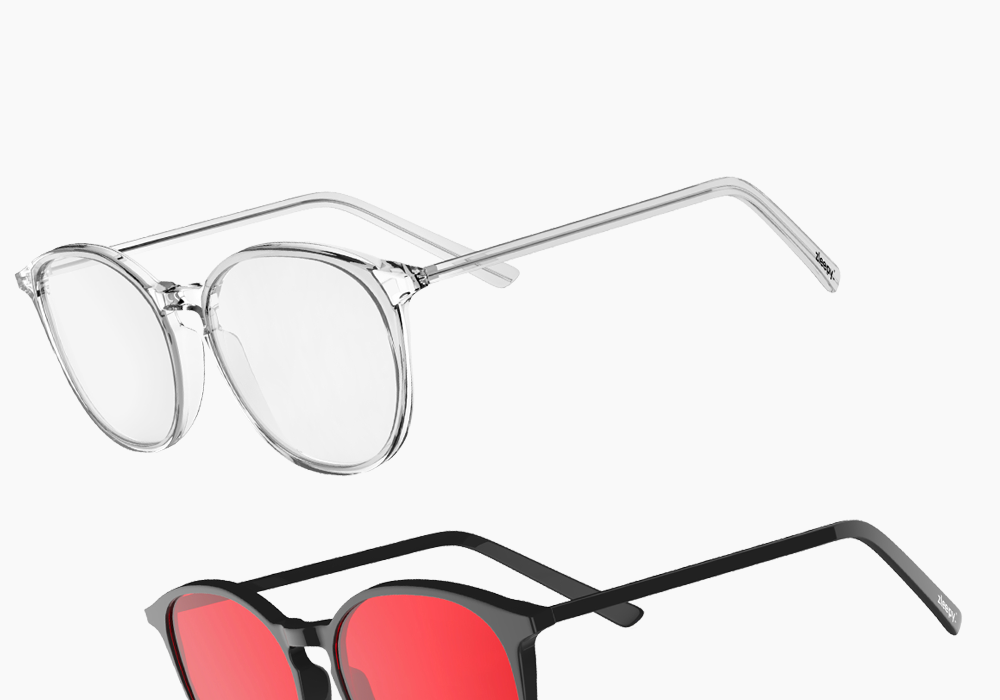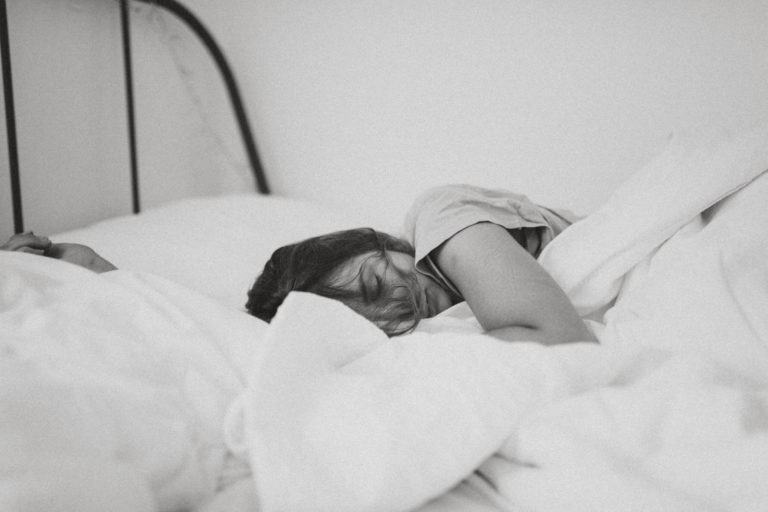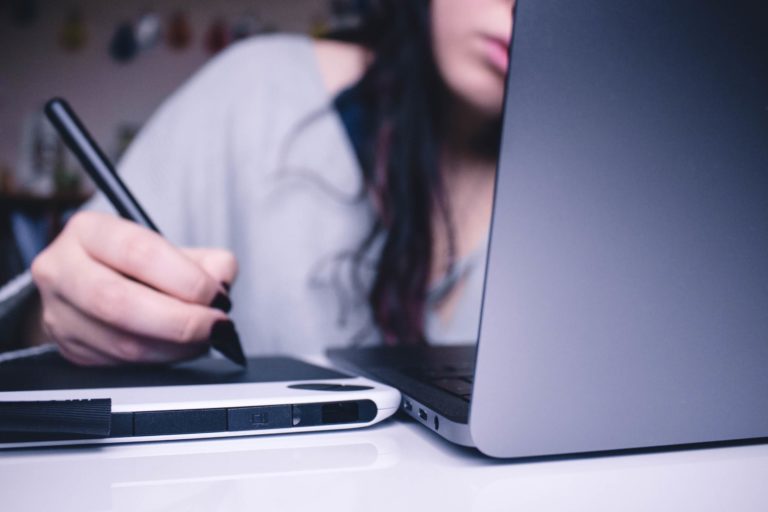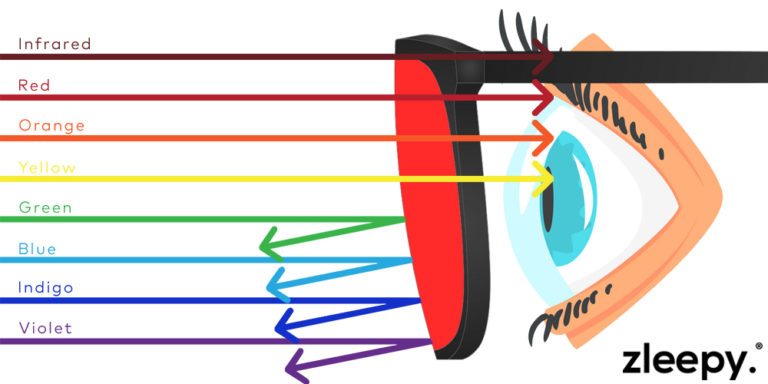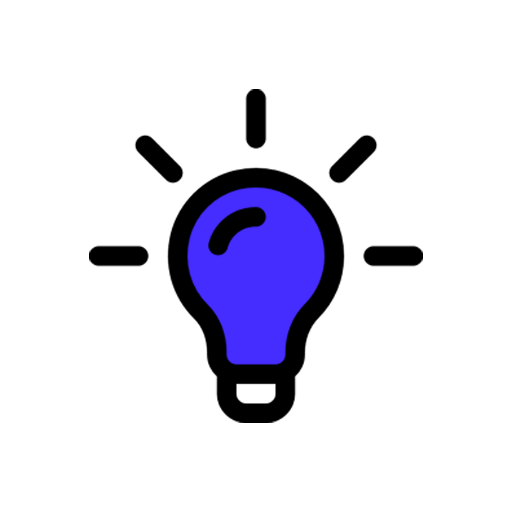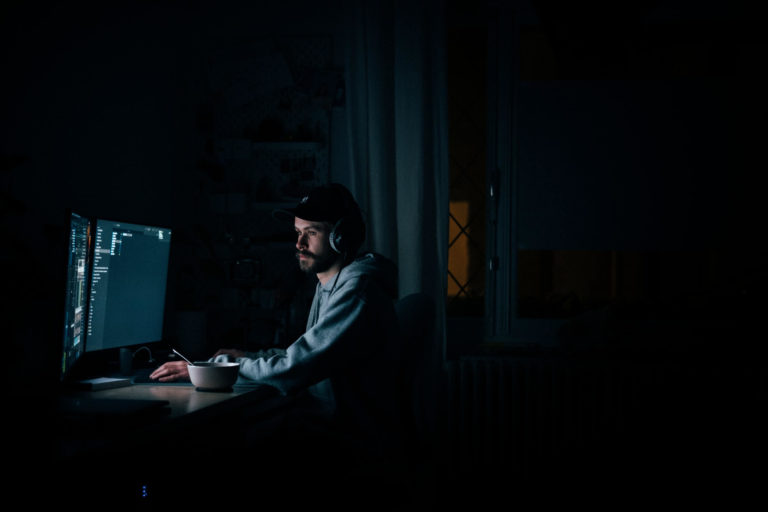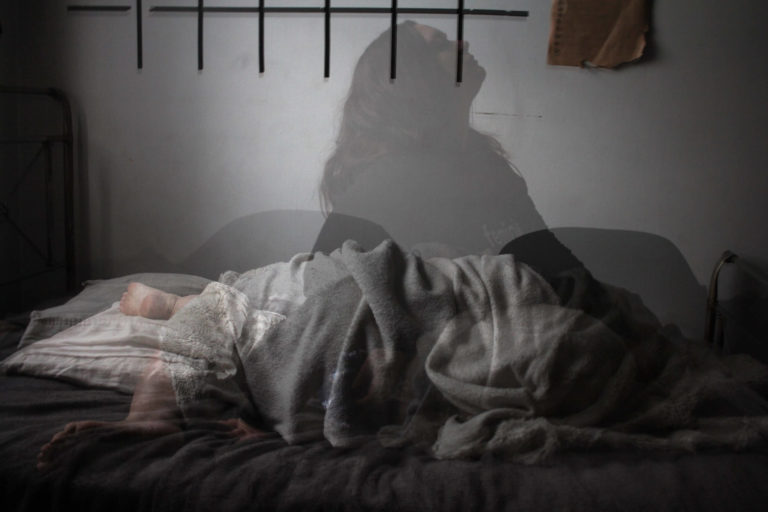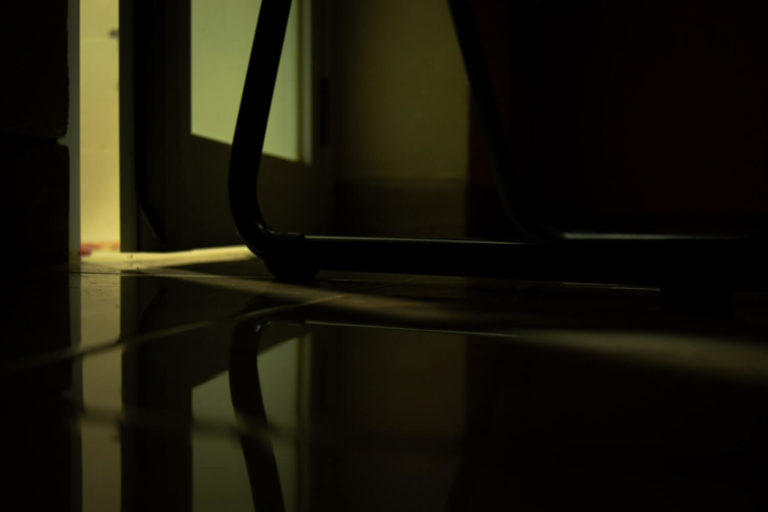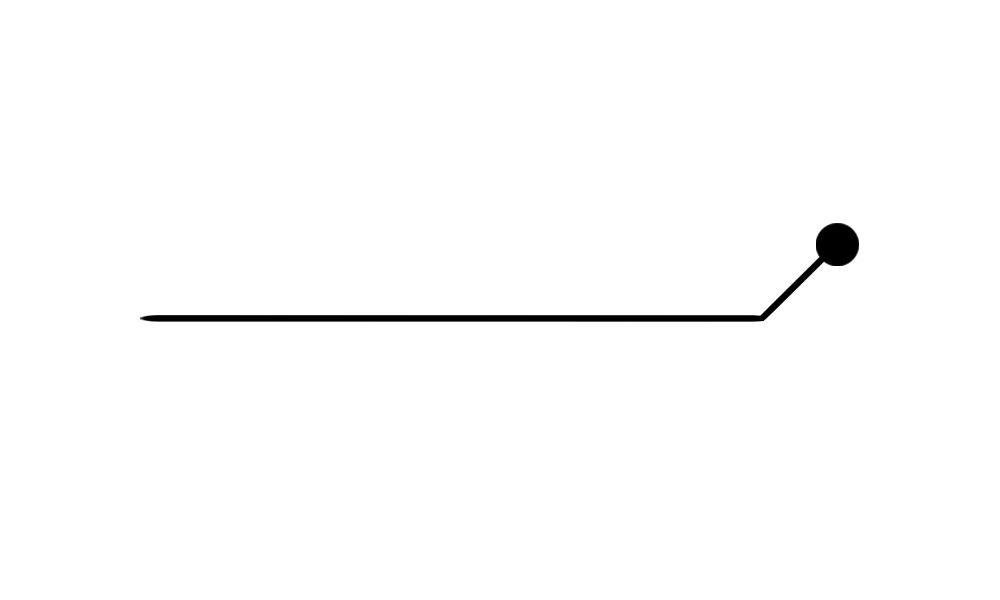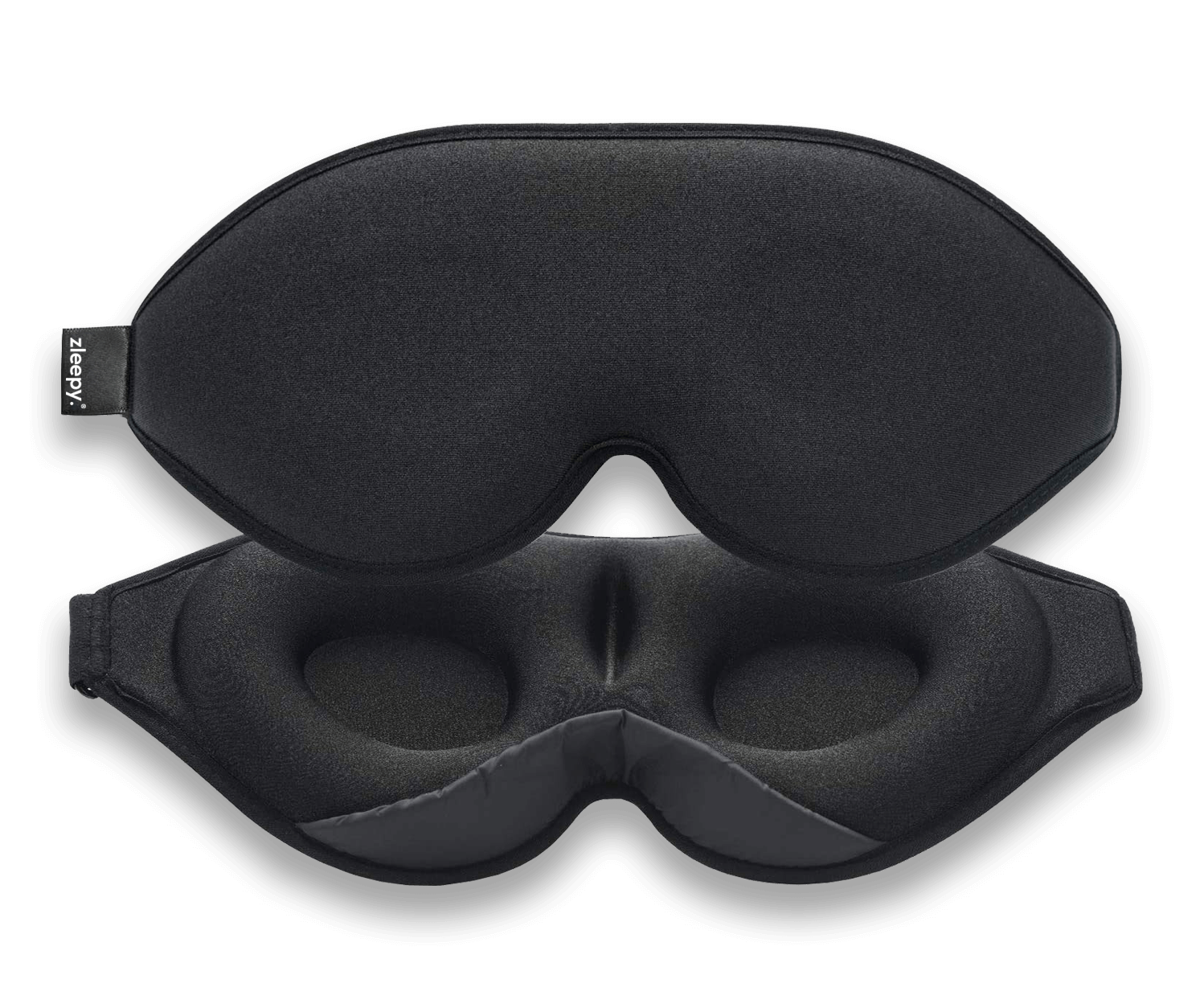How to get to sleep fast
Our daily lives move at an ever-increasing pace and for many of us, being able to switch our brains off to sleep is becoming harder and harder. When there is so much sensory information to take in every minute of every day, it’s no wonder getting to sleep can prove illusive at times.
The main function of sleeping is to repair our brains and bodies. When we struggle to fall asleep, or stay asleep, it affects our ability to function in our waking lives.
We live our lives through an embodied experience, dependent primarily on the ‘vessel’ we drive. Our daily experiences will differ depending on our gender, age, size – even the way we motivate ourselves is driven by our physical body.
When we don’t stop to repair ourselves, we begin to struggle doing the most simple of tasks. Just ask any parent of a newborn baby (or puppy)!
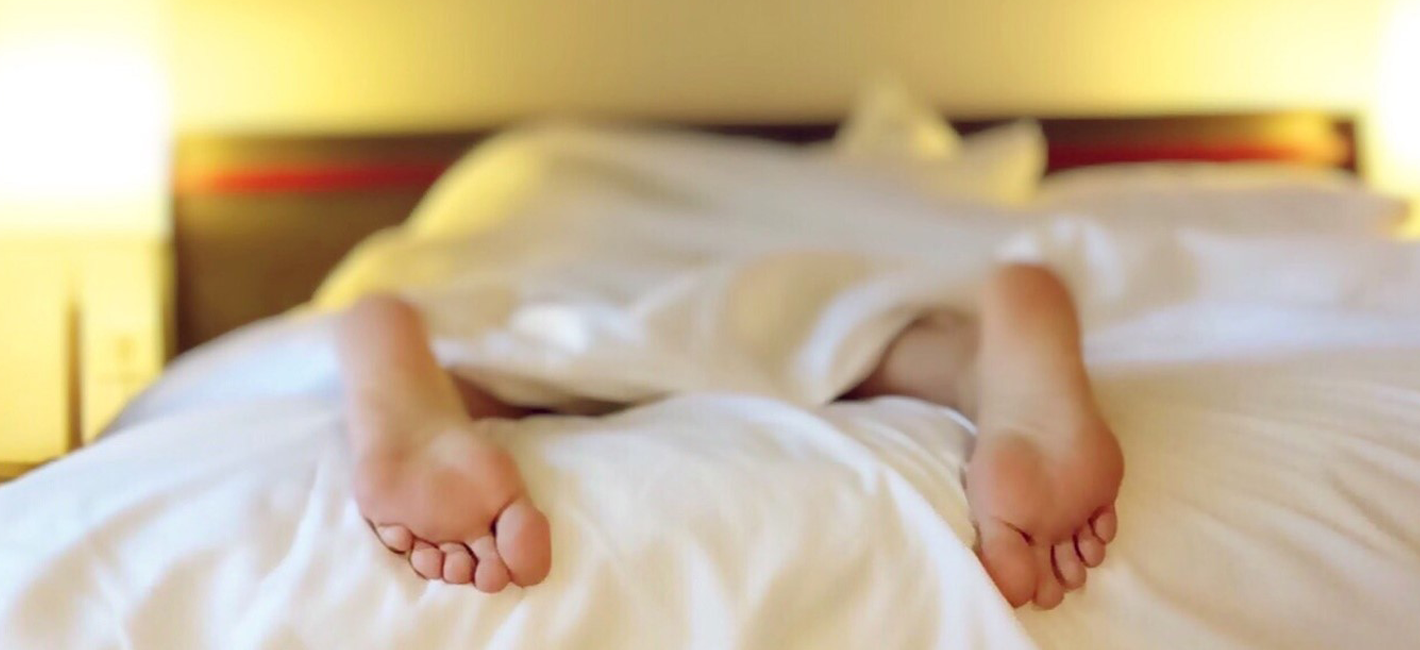
Getting an adequate amount of sleep daily can be overlooked but is absolutely essential to having a healthy brain, body and mind. In fact, many health experts agree that the key to being your most successful self is maintaining a healthy lifestyle which not only includes a healthy diet, but also enough sleep to ensure we are functioning the best we can be during our waking hours.
There are many factors which can affect our ability to get to sleep and stay asleep. Being aware of the tweaks we can make to our daily routines can make a real difference to our ability to fall asleep fast. Read on for our top sleeping tips.
Maintain a healthy diet
Certain foods have been proven to interfere with our ability to sleep soundly, while there are other foods that promote feeling sleepy. There are some experts who suggest foods can even influence our dreams.
I know I have had some crazy dreams after a cheeseboard! Many agree that eating a meal at least 3 hours before you go to bed gives your body enough time to digest without affecting your ability to fall asleep.
Similarly, foods that can help you sleep include carb-rich foods that make you feel lethargic and can be sleep inducing whilst sugary snacks often do the opposite.
Exercise regularly
Whilst not essential to be able to fall asleep, staying active during your waking hours and getting enough exercise daily/weekly can help tire out your body so you yearn for rest which consequently can help you fall asleep faster.
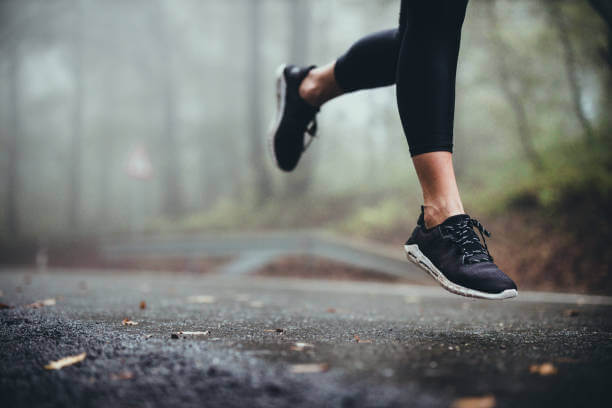
Get enough daylight
Spending some time in the sun during the day can help reset your circadian rhythm, this means that it helps your body stay awake during the day & get sleepy at night time.
Our tips for this would be to try and go on a walk every day, even if it’s just for 20-30 minutes to help your body reset its body clock.

Routine, routine, routine
Everyone has their own little daily routines – from the way we make tea to the way we dress. Studies have shown that maintaining a regular routine before you go to bed can help prepare you better for sleep.
Try going to bed at a similar time each night, eating your meals around the same time and getting up at a consistent time to best ensure your body and brain know how and when it is time to go to sleep.
Limiting device use and distraction
Try turning your phone to ‘do not disturb’ mode in advance of going to bed. The ability to switch off from distractions will help your brain to focus on the task at hand – falling asleep.
Paying attention to a screen before bed, whilst tiring for your eyes, can also be stimulating as you’re consuming information rapidly.
“Exposing yourself to blue light at night-time inhibits your bodies natural production of melatonin.”
Looking at artificial screens at night-time is exposing yourself to blue light, this inhibits your body’s natural production of melatonin (the body’s sleep hormone), which in turn will increase the amount of time that it takes you to get to sleep.
Give your brain a rest and switch off earlier. You could pick up a book instead, as many find this a way to relax and slowly decompress after a busy day.
You could also add Blue Light Blocking Glasses to your night-time routine to help limit your blue light exposure, increasing your chances of falling asleep faster.
Best temperature for sleep
It has been suggested that warm showers and a cool bedroom can play an important part in getting to sleep fast so keep your window open and your radiator off – this might save you money on your energy bills too.
The optimal temperature for sleep is said to be around 18.3°C (65°F). This helps your core body temperature drop, which in turn can increase the onset of sleep time & also increase the amount of deep sleep that you can achieve.
For even better results, you might want to keep your socks on! Making sure those little piggies are warm and cosy can be comforting and help aid relaxation before falling asleep.
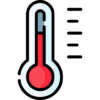
Luckily one of the perks of being surrounded by so much available information is that there are plenty of techniques for us to try to help us attain the coveted and recommended minimum 7 hours of sleep a night. See our favourite tips to get to sleep fast below.
Breathing techniques for sleep
Perhaps the most obvious technique for getting to sleep fast is to try and slow down your breathing. There are a few different breathing exercises you can try. See which one works best for you.Box breathing technique
The box breathing technique can be used to clear your mind and relax your body and can be done anywhere. Box breathing can help settle your mind and alleviate stress and is not just used as a sleeping technique, it can be helpful in stressful situations or to relieve anxiety.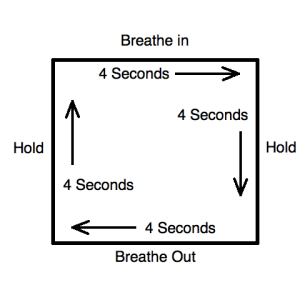
To try box breathing, close your eyes and breathe in slowly through your nose whilst counting to four. Hold your breath whilst counting to four again and then exhale slowly through your mouth to a count of four. The simple task of counting helps focus your mind and you’ll find, inevitably, your body will follow suit and start to let go of any tension. This exercise can be repeated as many times as needed to help induce calm.
4 7 8 breathing method
Another common breathing technique is the 4 7 8 breathing method. Similar to box breathing, this exercise has a longer hold and exhale count.
First, close your eyes and inhale slowly through your nose for a count of four.
Hold your breath for a count of seven and slowly exhale whilst counting to eight.
The benefits of the 4 7 8 breathing method is that a longer exhale takes more effort and concentration, thereby helping really focus on your breathing and aiding faster relaxation.
Meditation
Meditation for sleep is the practice of clearing your mind to achieve a mentally calm state. Research has shown that meditating before you go to sleep can help leave the stresses of your day behind, help you unwind emotionally and physically and prepare your mind for sleep.
Try sitting or lying in a comfortable position. Close your eyes, slow down your breathing and really concentrate on inhaling and exhaling. Empty your mind of thoughts and focus on your breathing only.

You can use soundtracks to help with visualisations which is often used at the end of yoga classes. Remain like this until you feel relaxed enough to fall asleep.
This method might take a lot of time to become competent and experienced with, but once you master the technique you can dramatically improve your sleep.
Sleep Supplements
Certain nutrients have been proven to aid sleep quality. Magnesium is one of the most prevalent minerals in your body and plays a vital role in regulating many of our physiological processes, including energy production and facilitating the restoration of our brain and body.
Studies show that many of us are lacking in magnesium, however this can be remedied by including more of particular types of foods in our diets, such as certain nuts and seeds, spinach, avocado and salmon.
You can also get magnesium supplements which can be beneficial for aiding sleep when taken alongside a healthy diet. How does magnesium help with sleep? You can find out by reading our blog.
Progressive muscle relaxation
PMR, or progressive muscle relaxation, is a recommended method for helping those with insomnia get to sleep.
Similarly to meditation, it requires you to be in a comfortable position and to clear your mind. You then begin at the top of your body and tense certain body parts for 5 seconds at a time before relaxing them and pausing, then moving on to the next part.
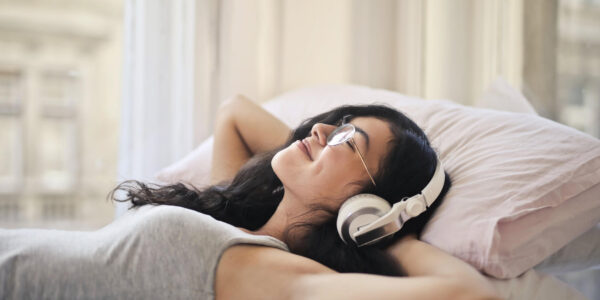
You could start with lifting your eyebrows, then scrunching your nose, smiling widely, stretching your next and so on. The progressive tension followed by relaxation can help relieve tension and aid falling asleep.
Sleep Aids
Whilst a maintain a healthy lifestyle is probably the most effective way to make sure you sleep well consistently, there are certain sleep aids you can try.
Weighted blankets, for example, can help with serotonin production by putting gentle pressure on the body which can help calm our nervous system and aid relaxation. Some studies have show that this can benefit those with insomnia, depression and anxiety also.
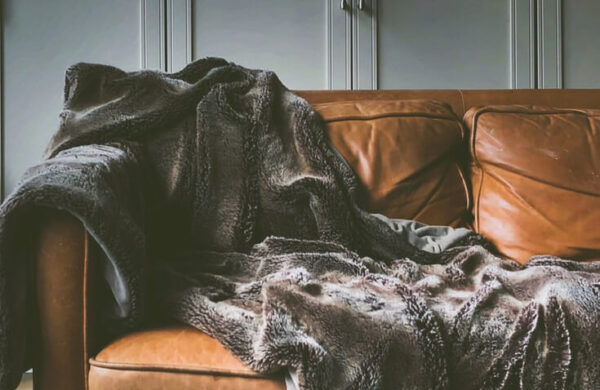
Pillow sprays that contain calming extracts, such as lavender, can also help soothe us to sleep.
Other techniques such as playing white noise can help block out distractions that disrupt our ability to fall asleep. This is commonly used to help babies get to sleep and can be soothing for some.

